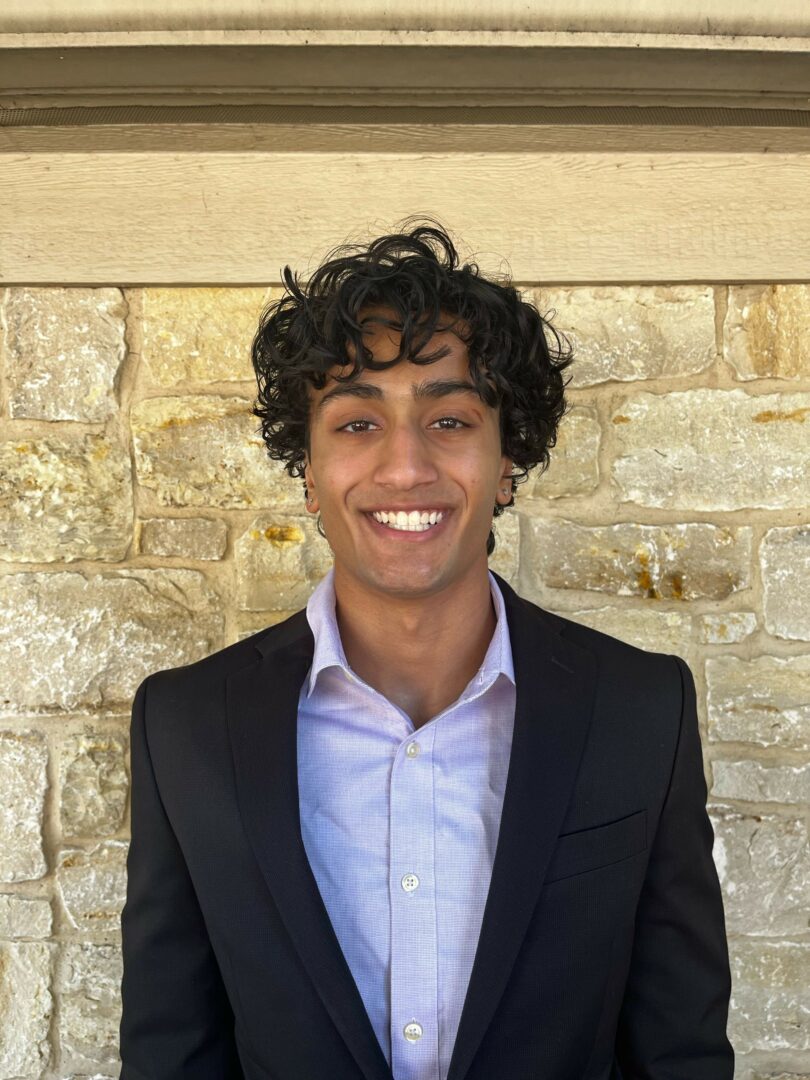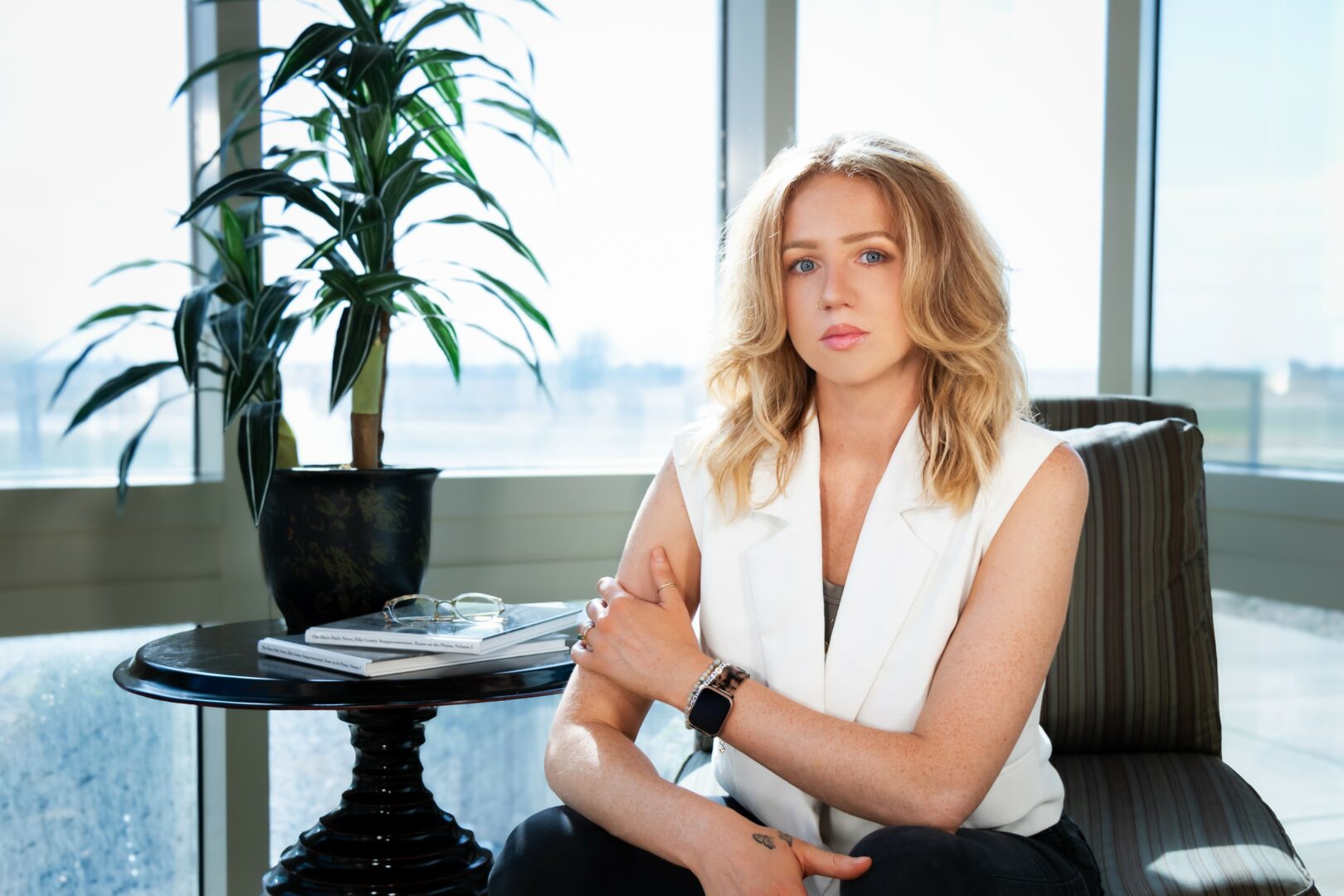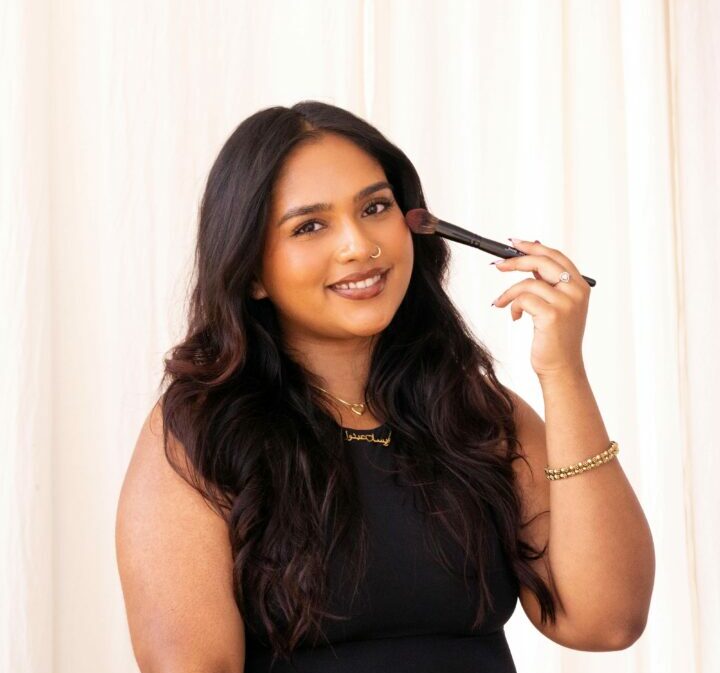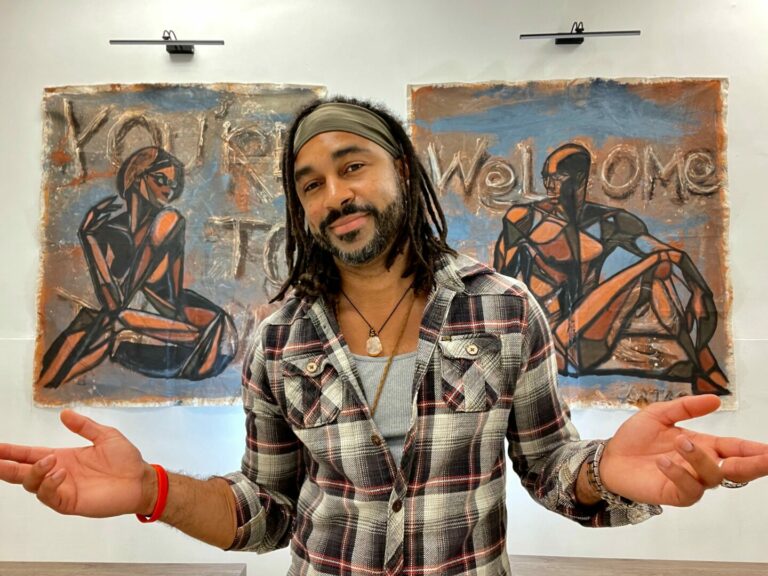Alright – so today we’ve got the honor of introducing you to Vihaan. We think you’ll enjoy our conversation, we’ve shared it below.
Vihaan, thank you so much for joining us today. Let’s jump right into something we’re really interested in hearing about from you – being the only one in the room. So many of us find ourselves as the only woman in the room, the only immigrant or the only artist in the room, etc. Can you talk to us about how you have learned to be effective and successful in situations where you are the only one in the room like you?
Being the youngest in the room has become a pattern in my life. Whether it was presenting at the United Nations, sitting in meetings with VCS, or discussing city wide plans with HOA members 30 years older than me, I was usually the only person still in high school. Everyone else had degrees, careers, and years of experience, while I showed up with a backpack and a notebook.
At first, it was intimidating. People don’t automatically take a teenager seriously, so I learned quickly that preparation had to be my advantage. If I couldn’t match their age, I would match,or beat, their clarity, effort, and execution. I focused on bringing real data, working prototypes, and measurable impact to every room I entered. Over time, I realized credibility isn’t something you’re granted; it’s something you earn by delivering results.
I also stopped trying to hide my age. The perspective I brought as a young person, especially in conversations about climate innovation, was actually valuable. It reminded people why these issues matter and who they impact long-term.
Today, when I walk into a room full of people older and more experienced than me, my mindset is simple: I’m here because my work earned its seat at the table, not because of my age.
That mindset has helped me not just navigate those rooms, but contribute meaningfully to them.
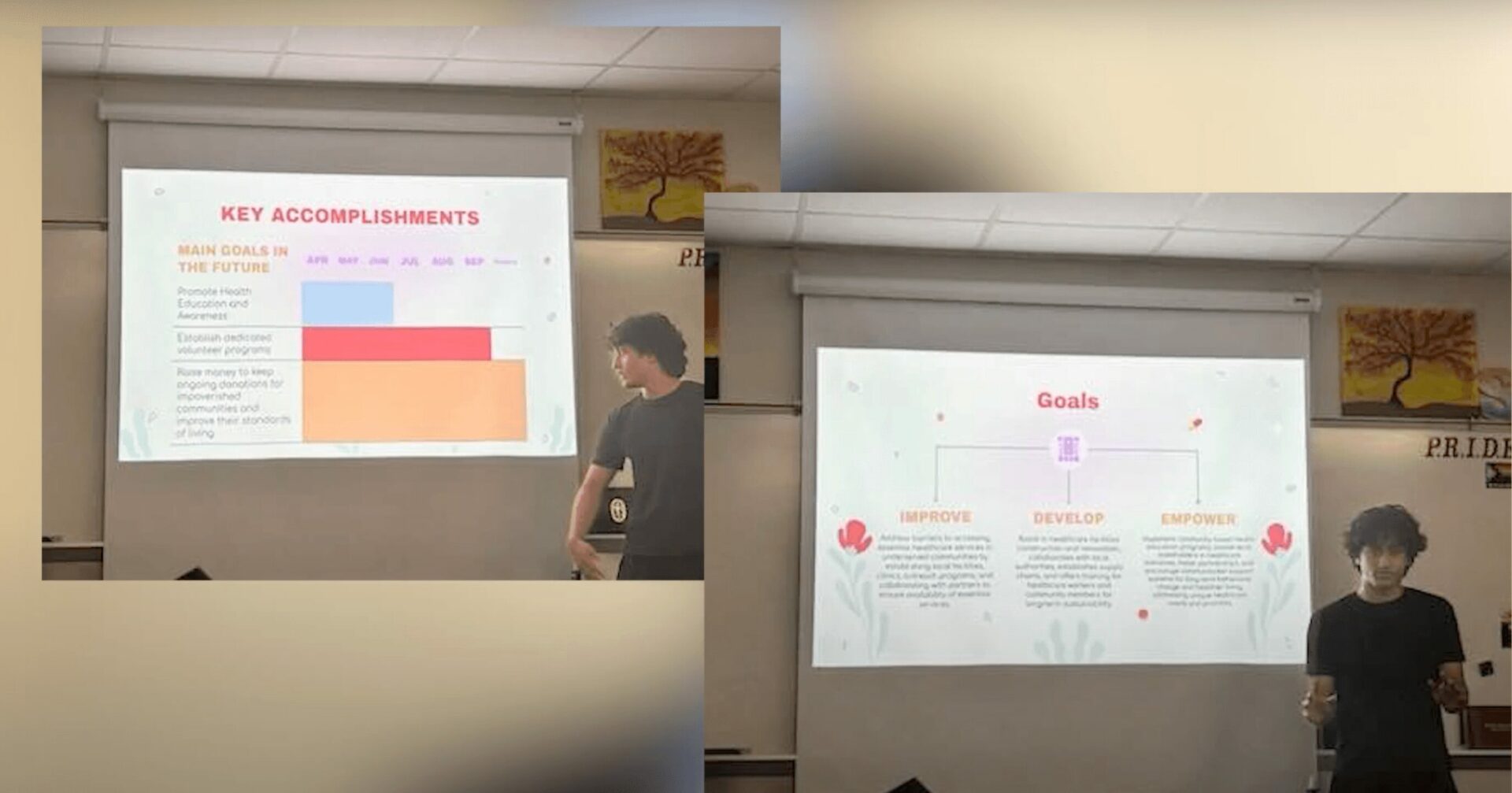
Thanks, so before we move on maybe you can share a bit more about yourself?
My work focuses on building youth-driven climate solutions across innovation, research, and policy. I’m most excited about creating sustainability tools that are practical and scalable. With FreshGuard, I developed biodegradable food-preservation bags and a sensor system that have helped prevent 15,000+ pounds of food waste and earned recognition from national competitions and entrepreneurship programs. Through AquaVolt, I explored hydrogen-based clean energy and presented our model at the United Nations’ Asia-Pacific room as a vision for efficient energy transitions in developing regions.
Alongside product innovation, I’m active in policy and research. As a United Nations Delegate, I advocate for climate finance and youth-led solutions, and through Perrin and YPSF, I’ve contributed to policy discussions on PFAS regulation, plastic waste, and climate-related disaster safety. I’m also working on climate tech and AI-efficiency research to support more sustainable technology systems.
Looking ahead, I’m expanding FreshGuard’s reach, developing new clean-energy concepts, and continuing to bridge youth advocacy with real-world climate solutions. My goal is simple: make sustainability something that’s built into everyday life — not an afterthought.
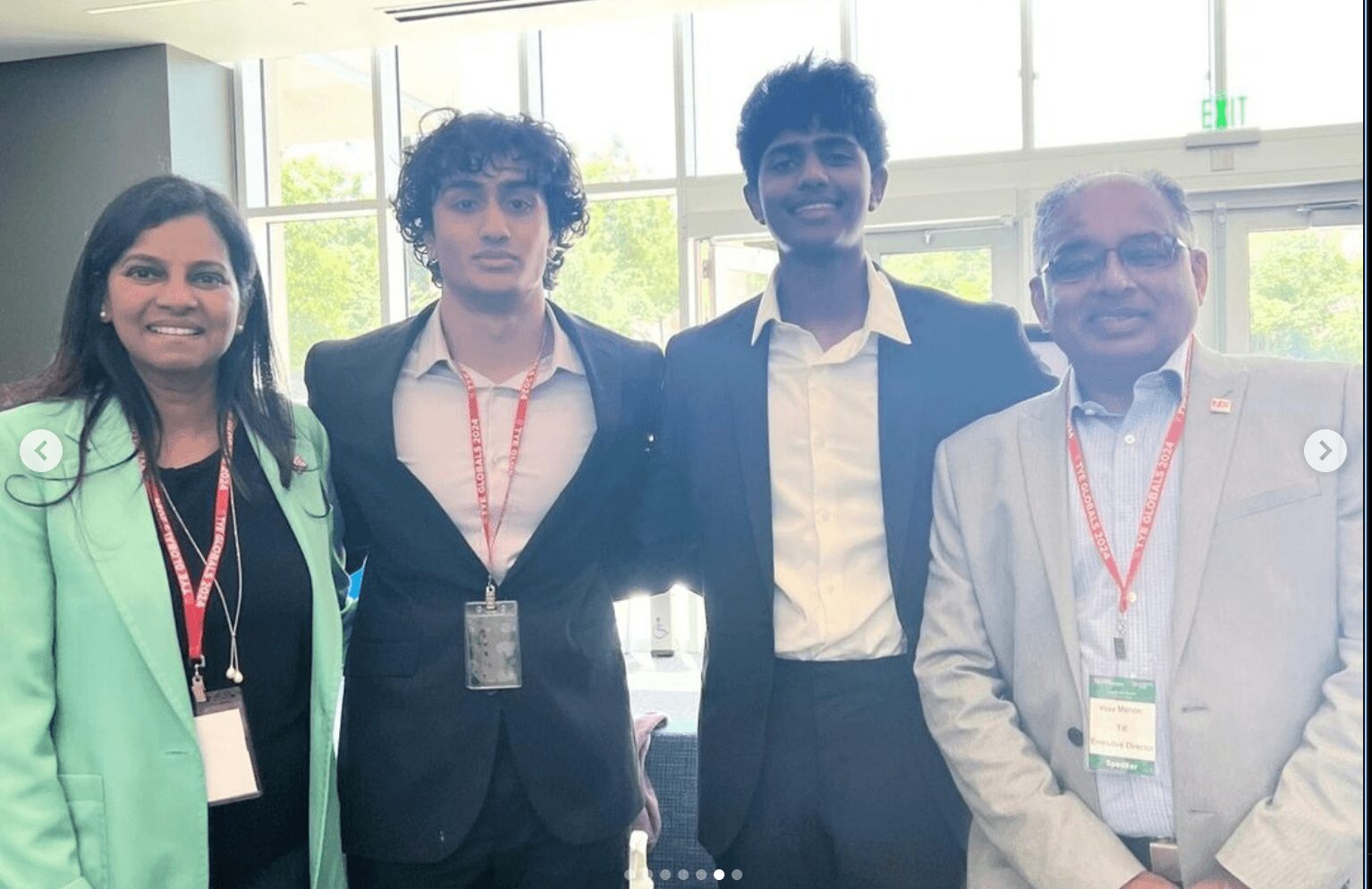
Looking back, what do you think were the three qualities, skills, or areas of knowledge that were most impactful in your journey? What advice do you have for folks who are early in their journey in terms of how they can best develop or improve on these?
1. Discipline
Years of competitive varsity swimming, waking up at 6 AM for practices, balancing meets with school , taught me how to push through discomfort and stay consistent. That same discipline carried into my sustainability work, whether running long testing cycles for FreshGuard or preparing for high-stakes presentations.
Advice: Build discipline through routines that challenge you daily , the small habits stack up fast.
2. Resourcefulness
A lot of the climate projects I worked on didn’t come with perfect instructions or perfect timing. I had to learn how to cold-email, teach myself new concepts quickly, and build prototypes with limited tools.
Advice: Don’t wait for everything to be ideal. Start now, learn fast, and adapt as you go.
3. Interdisciplinary Thinking
My work spans entrepreneurship, climate policy, clean-energy research, and AI, with the biggest breakthroughs have come from connecting ideas across these fields. Understanding how different systems interact helps me design solutions that are both practical and scalable.
Advice: Become curious outside your main interest. The strongest ideas usually come from combining multiple worlds.
These three qualities helped me grow, build, and create impact , not because I had everything figured out, but because I learned how to move forward with intent and flexibility.
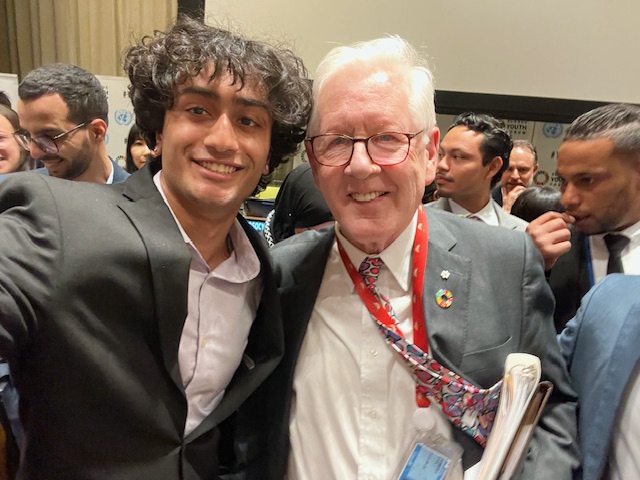
What’s been one of your main areas of growth this year?
Over the past year, my biggest area of growth has been learning how to step into leadership with more confidence and clarity. I used to think impact only came from output, building projects, doing research, or taking on more responsibilities. But this year taught me that real confidence often comes from slowing down, thinking long-term, and being intentional about the commitments I take on.
Whether I was preparing to speak in front of audiences of thousands at the United Nations, leading parts of FreshGuard’s expansion, or working on climate policy briefs, I learned how to communicate more clearly, delegate when necessary, and trust my instincts. Most importantly, I learned to be comfortable taking up space in rooms where I once second-guessed myself.
This period has shown me that leadership isn’t about knowing everything, it’s about showing up with purpose, staying adaptable, and bringing others with you.
Contact Info:
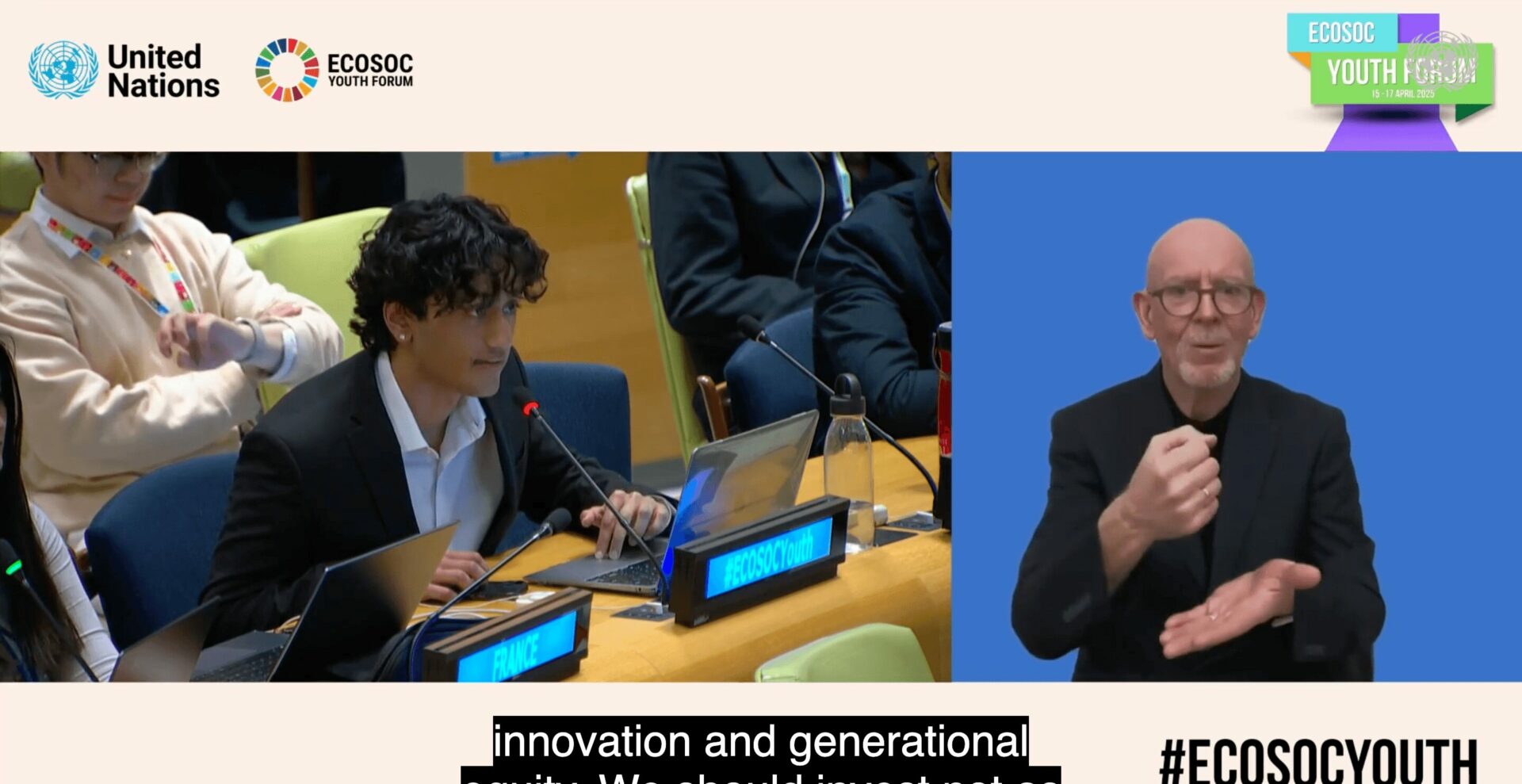
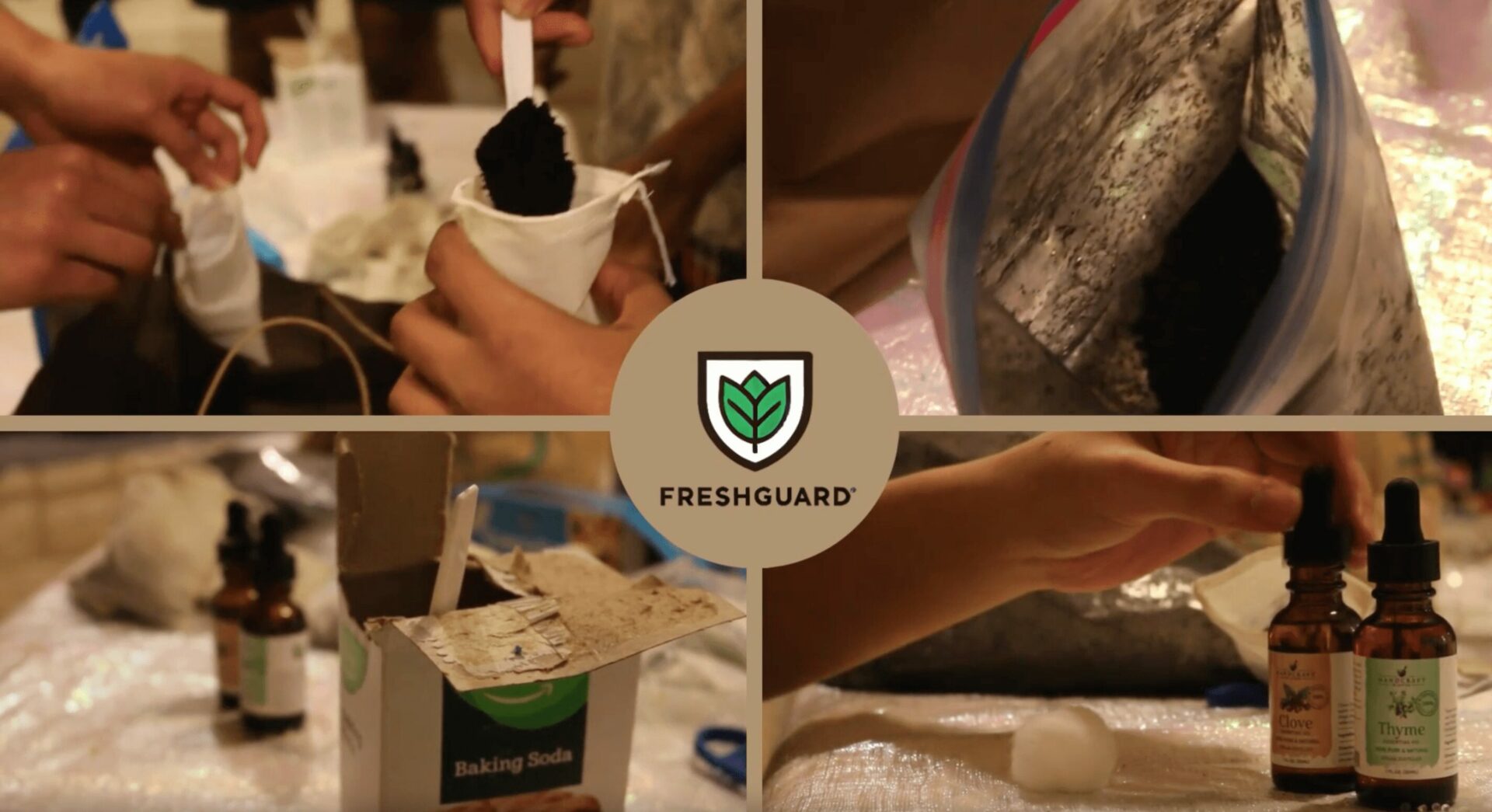
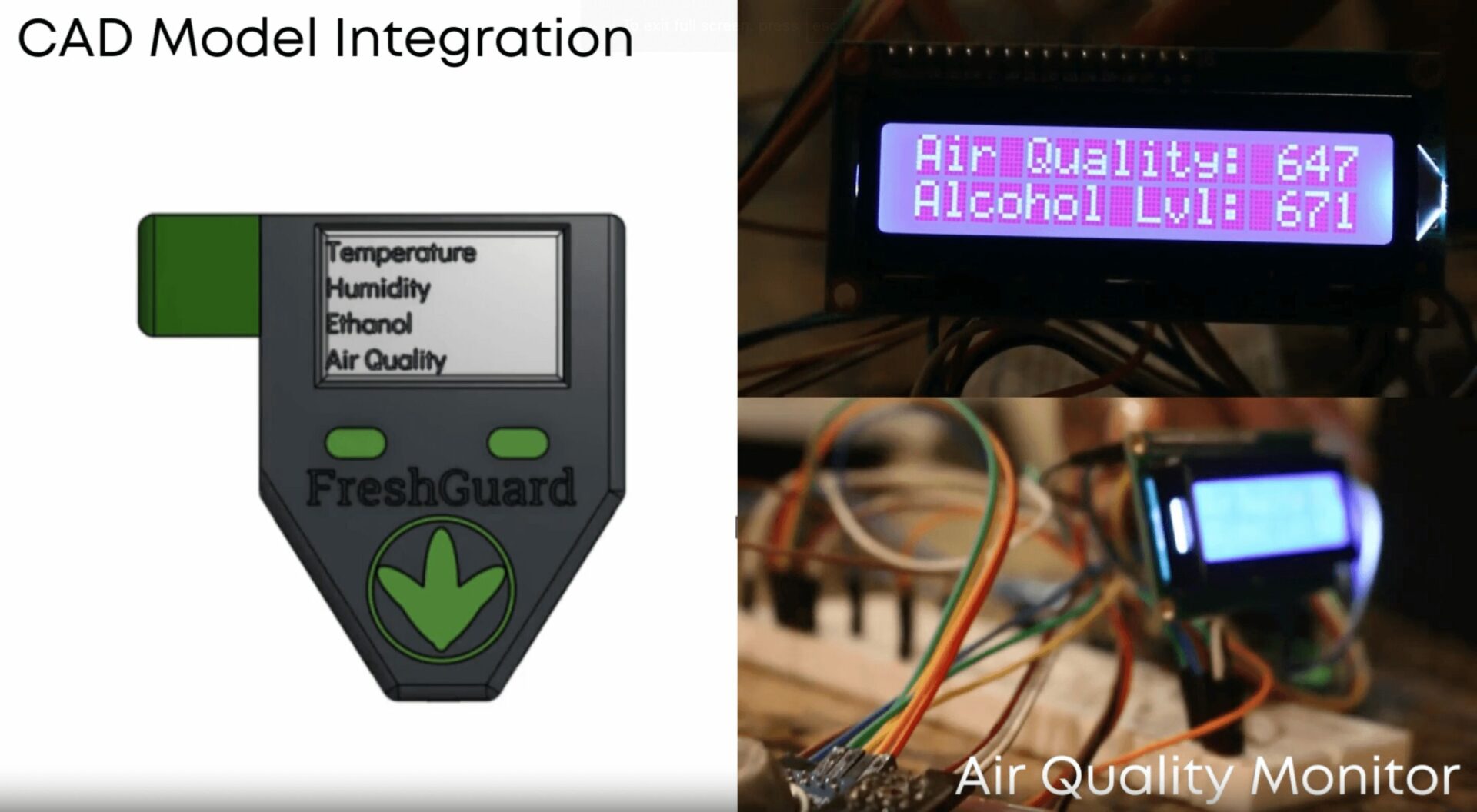
so if you or someone you know deserves recognition please let us know here.

